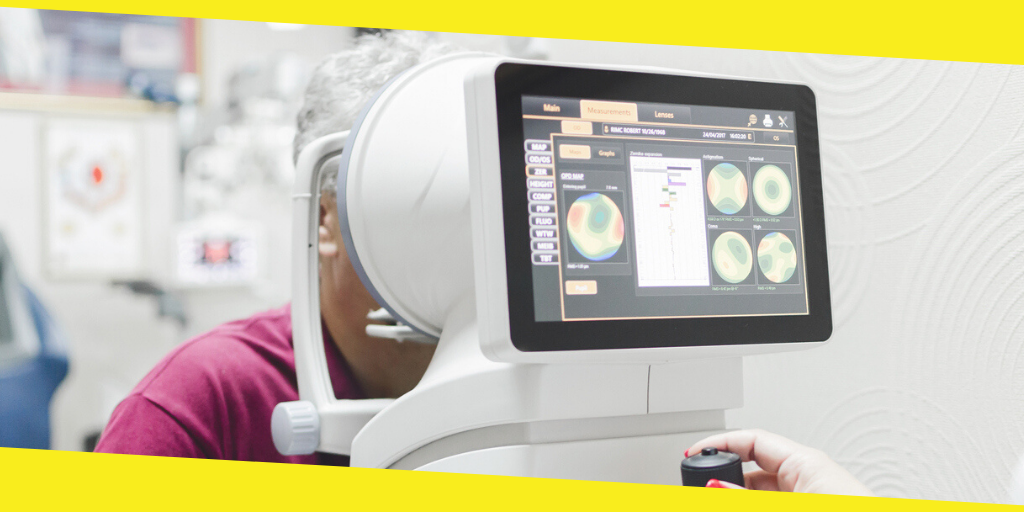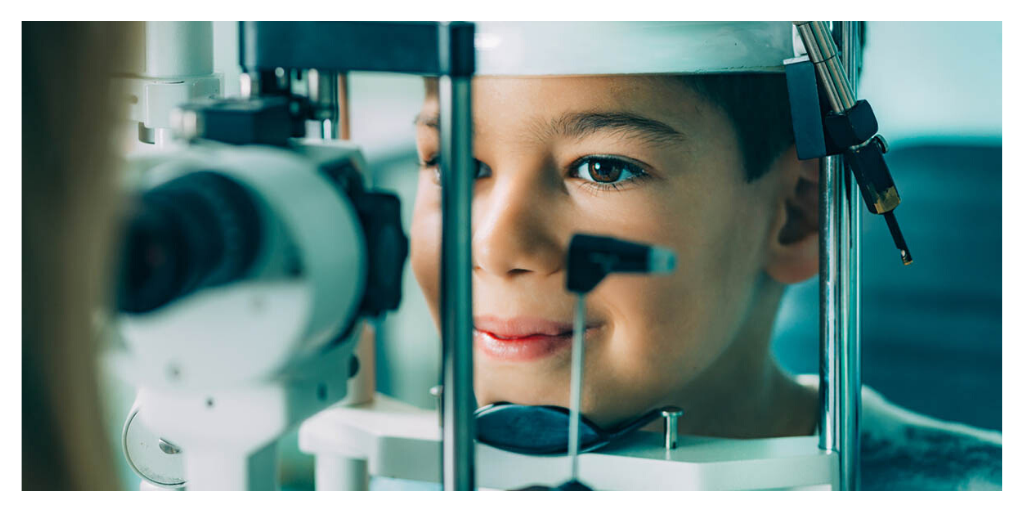Clueless About Finding an Eye Specialist in Singapore? Read This!

In recent years, eye conditions for a majority of people have seen an increase. This is not surprising, as everyone seems to be focused on their laptop screens or their gadgets. One study conducted by Singtel among children aged 8 to 12 years old that was published in its 2018 Impact Report found out that they spend at least 35 hours of screen time per week. That is around 5 to 7 hours per day of working up their eyes on most mobile gadgets alone.
If children use up quite a huge chunk of their time wearing out their eyes, imagine working adults who have to sit all day facing a laptop or computer at work. The eyes do not get better as we grow old. They are only much prone to wear and tear. They are even placed at higher risks when we abuse them instead of taking good care of them.
Not all Singaporeans are able to do this, but the eyes should be checked at least once a year to keep tabs on its health. Some people only seek care for their eyes when an emergency happens or a condition develops. And when this time arrives, some might not be sure where to go.
Looking for the right type of eye specialist in Singapore can be quite confusing. There are several professions providing eye care services in different institutions. To ease your search in finding the correct doctor to treat your eyes, reputable eye clinic like Asia Retina at #15-10 The Paragon, 290 Orchard Rd, Singapore 238859, +65 6732 0007 is what you need.
Dealing with eye emergencies
Having an eye emergency can easily throw us into a panic. Discussing this session first is important as we do not know when an emergency can happen. Your eyes demand urgent attention if you experience an eye injury, sudden loss of vision, severe eye pain, etc.
Whenever you are caught in an emergency that involves immediate attention for the eyes, you can either visit the nearest eye specialist to you or head on to an eye care clinic that you know to get your eyes checked. If the emergency happens at a time when clinics are closed, you can proceed to the Accident and Emergency (A&E) department of a private or major public hospital and ask for an eye specialist to look into your condition.
Below is a list of hospitals that you can go to in case of an eye emergency:
- Private Hospitals
- Farrer Park Hospital
- Gleneagles Hospital
- Mount Alvernia Hospital
- Mount Elizabeth Medical Centre @ Orchard
- Mount Elizabeth Medical Centre @ Novena
- Parkway East Hospital
- Raffles Hospital
- Public Hospitals
- Ng Teng Fong General Hospital
- NUH Eye Centre
- Singapore National Eye Centre (SNEC)
- SNEC Eye Clinic @ Changi General Hospital (CGH)
- Tan Tock Seng Hospital (TTSH)
Different eye care providers in Singapore

There are three types of eye care providers in Singapore. It is best that each type is distinguished from the other in order not to create confusion. The three eye professions are:
- Ophthalmologists
- Optometrists
- Opticians
When you need to see a medical doctor for your eye needs, it is best to visit an ophthalmologist. Ophthalmologists have a degree in ophthalmology and are licensed, medical doctors. They can practice a wide range of services and sub-specialisations relating to the treatment of the eyes. For ophthalmologists to be able to practice their profession in Singapore, they have first to be registered with the Ministry of Health.
Services like eye tests, getting prescription for eyeglasses and contact lenses, as well as screening for eye disorders, you can also see an optometrist aside from an ophthalmologist. Optometrists are eye care professionals with a degree in optometry. A clear distinction between the two professions: optometrists are not medical doctors. Therefore, their services are only limited to those mentioned in this paragraph.
Opticians only focus on fitting and releasing prescription eyeglasses to patients as directed by either an ophthalmologist or optometrists. They are not, under any circumstance, not allowed to prescribe or fit contact lenses.
Ophthalmologists and sub-specialisations

There are a vast number of conditions that can affect the eyes. Each condition receives a different kind of treatment. Sub-specialisations for ophthalmologists enable them to focus and practice in a certain area of managing complicated eye condition or disease. Below is a list of sub-specialisations that an ophthalmologist can be an expert in:
- Cornea
- Glaucoma
- Medical retina
- Neuro-ophthalmology
- Ocular inflammatory diseases
- Oculoplastic surgery
- Paediatric ophthalmology
- Refractive surgery
- Strabismology
- Vitreo-retina
Cost of seeing an ophthalmologist in Singapore
The cost of seeing an ophthalmologist in Singapore varies depending on which institution you go to for your eye treatment.
Public hospitals are the cheapest option because of government subsidy; however, patients will undergo several steps and spend some time waiting for a consultation to happen. If you are just up for a routine check-up and can wait, you can definitely save up on money by reserving a consultation slot in public hospitals. Do remember also that you cannot choose your own preferred doctor and it is not a guarantee that the same doctor who entertained you during your first visit will be the same doctor to attend you on your next check-up. Initial consultation with an ophthalmologist in a public hospital under subsidy costs $37 for SG citizens and $56 for SG permanent residents.
If you would like to still get your eye condition checked by your own choice of doctor in a public hospital, you can certainly do so. But, the subsidy benefits no longer apply to you. This means that your costs will be higher. Initial consultation with an ophthalmologist without subsidy in a public hospital ranges from $100 to $130.
If budget is not a problem, you can always go directly to an ophthalmologist that does private practice. Getting a consultation in private eye clinics is way more convenient than lining up in public hospitals. Private clinics charge from $100 to $300 for the first consultation.
Recommended For You
How Does Inpatient Rehabilitation Work?
Most Inside
Most Inside offers high-quality recommendations and valuable updates to enhance all aspects of your life, providing premium guidance and enriching experiences.




